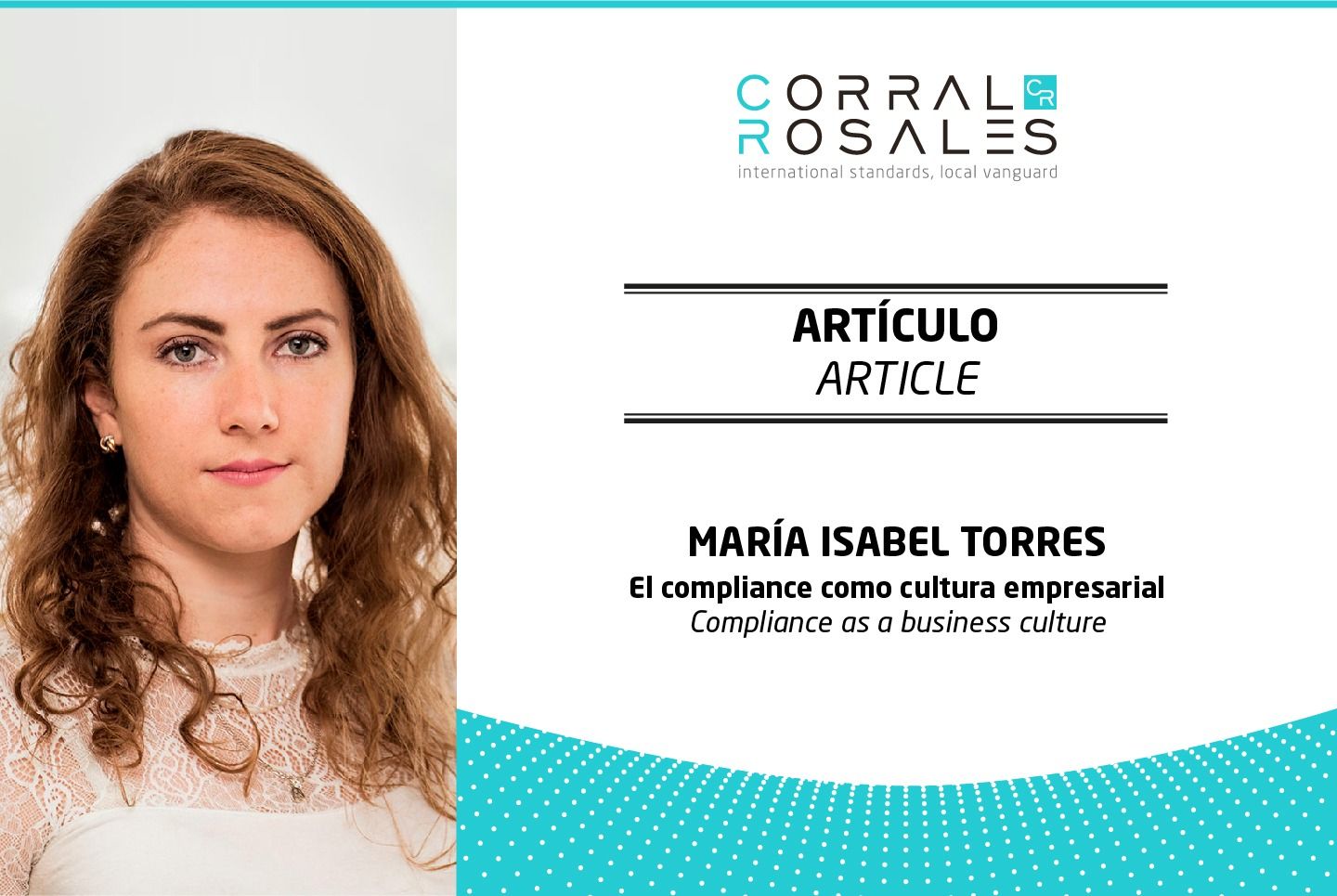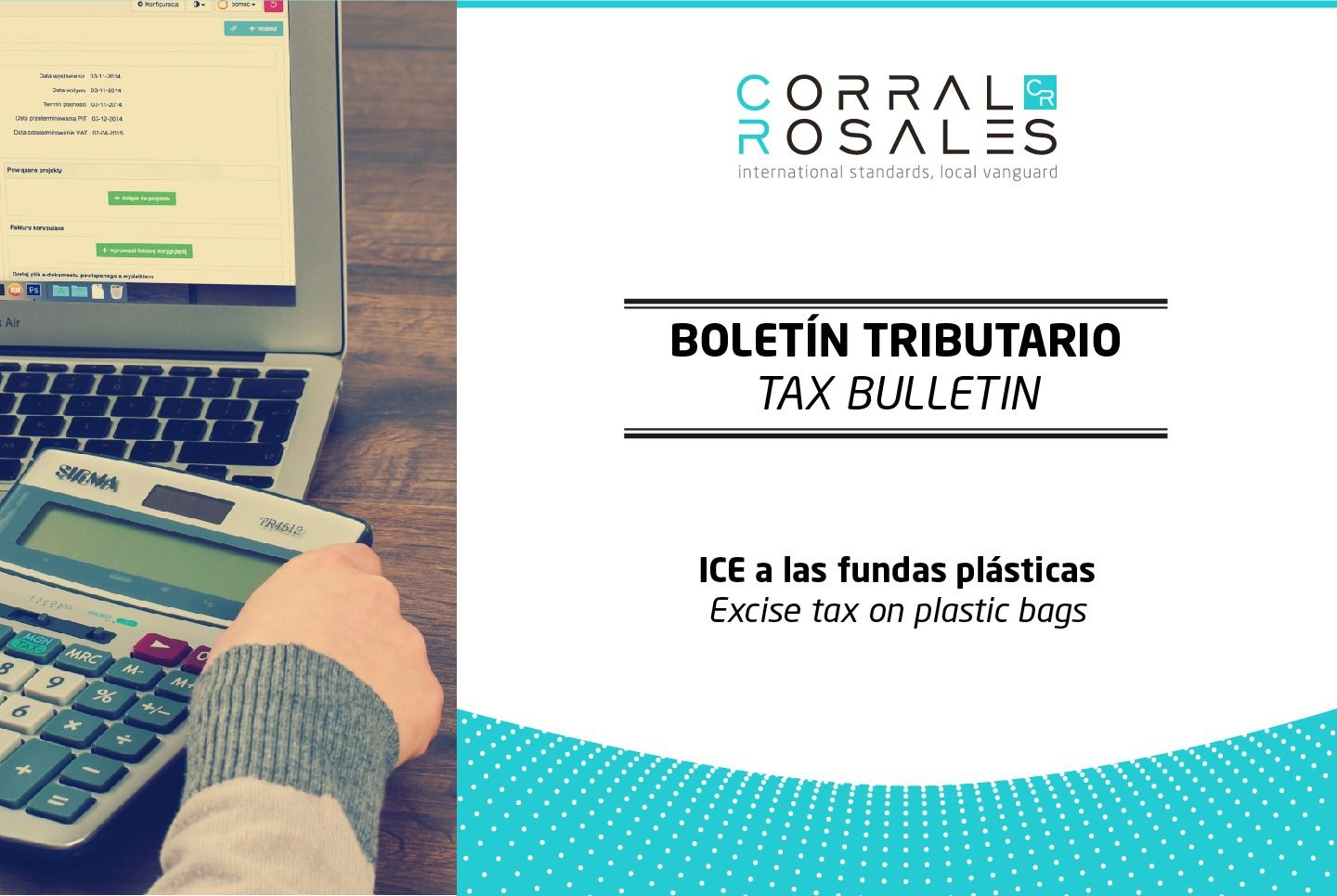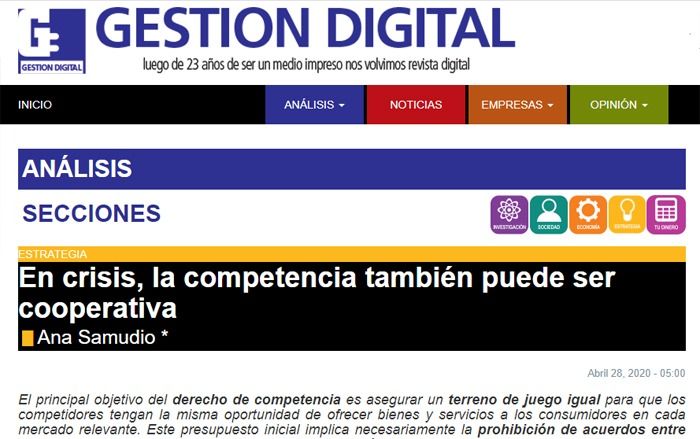DETAILS
MEDIA: LexLatin
In Ecuador, the use of cannabis is punishable, except in the case of personal consumption of quantities less than those established by the relevant law. At the end of last year, non-psychoactive and hemp cannabis were excluded from substances classed as subject to control, as will be explained further on, decriminalizing their use for medical or therapeutic ends (the exclusion thereby not extending to cannabis for recreational use).
Among the permitted uses are the possession of products that contain or are derived from cannabis for therapeutic, palliative or medicinal use, or whose use has medicinal objectives. In the same way, the law provides for the investigation, production, cultivation, distribution and sale of the substance, provided that the relevant government permits and approval are obtained and in accordance with the relevant requirements.
The reform will enter into force from June 21, 2020 and has as its overriding aim the elimination of punishments, excluding from control the possession of products for medicinal or therapeutic use that contain a non-psychoactive active ingredient or hemp (CBD), understood as the cannabis plant or any part thereof whose dry weight delta-9-tetrahydrocannabinol (THC) content is less than 1%, provided that there is a diagnosis of suffering from an illness or pain that merits its use. In relation to THC, the ingredient in marijuana that produces the psychotropic effect, this continues to be a controlled substance, if not found within the aforementioned parameters.
From a regulatory point of view, the National Agrarian Authority must issue the regulations relating to the importation, cultivation, planting, harvesting, selling, industrialisation and even exportation of non-psychoactive cannabis or hemp, within 120 days of the law entering into force. The regulation and control of the planting, cultivation and harvest will be the responsibility of the National Health Authority. To date there is no specific detail as to the relevant powers.
At this moment in time, according to the relevant decisions handed down by the Andean Community on the matter, the only CBD products eligible for marketing authorizations are cosmetic products for topical use, provided that they are contained within the international lists of ingredients that may be used within cosmetics and complying with the corresponding restrictions and conditions of use. Human consumption goods are not permitted. One must await the issuance of regulations from the competent authorities.
Moreover, it will be necessary to consider the final text of the Health Law that will also contain provisions as to the regulation of medical and therapeutic use cannabis and its derivatives. The draft law is currently awaiting its second reading.
From an intellectual property perspective, it is worth remembering that the relevant law does not specifically consider use of the word cannabis in the registration of a trademark; however, it is very important to keep in mind that Article 134 of Decision 486 of the Andean Community in its final section provides that the nature of the good or service to which a mark relates, will in no circumstances be an obstacle to registration.
This might mean that granting or refusal of an application for a trademark that includes the term “cannabis”, any derivative of or expression that refers to cannabis in the mark itself or within its coverage comes down simply to the individual criteria of the responsible IP Office examiner, given that, being a restricted product, it could lead to objections. To date there are differing opinions, without any clear position on the matter. In any event, the number of accepted cannabis trademark applications is much higher than those which have received official objections or oppositions from third parties.
Nevertheless, there are both cases of granted cannabis trademark applications, as well as applications which have received official objections. Therefore, it is very important to take care with the wording of the applied-for goods or services, with the aim of reducing the possibility of receiving an official objection. In the same way, it will be very important to consider the mark’s word elements as well as the elements making up the graphical part of the label, keeping in mind the absolute grounds for refusal as provided for by Article 135 section p) of Decision 486, corresponding to Article 360 section 18 of the Knowledge, Creativity and Innovation Law, also known as the Ingenuity Law, which provides for the refusal of marks contrary to law, morals, public order or decency.
At the start of this year, the Ecuadorian IP Office or SENADI as it is known locally according to its Spanish acronym, had processed a limited number of trademark applications and even fewer patent applications. It is reckoned, since there are no exact official figures, that a high proportion of such trademark applications have been accepted, in contrast with the patent applications whose application process is significantly longer.
It is important to point out that various associations of producers of hemp and its derivatives have been formed, as well as groups that lobby for the therapeutic use of cannabis in Ecuador, even some that have the support of the Public Defender’s Office, as an alternative means for those that suffer from catastrophic or chronic illnesses, such as palliative care against pain, epilepsy and other oncological or brain impairment problems.
CorralRosales has actively participated in various international forums about the different opportunities and challenges brought about by the use of cannabis for therapeutic and medicinal aims. The firm has also provided legal and regulatory advice for what is a nascent industry in Latin America.











